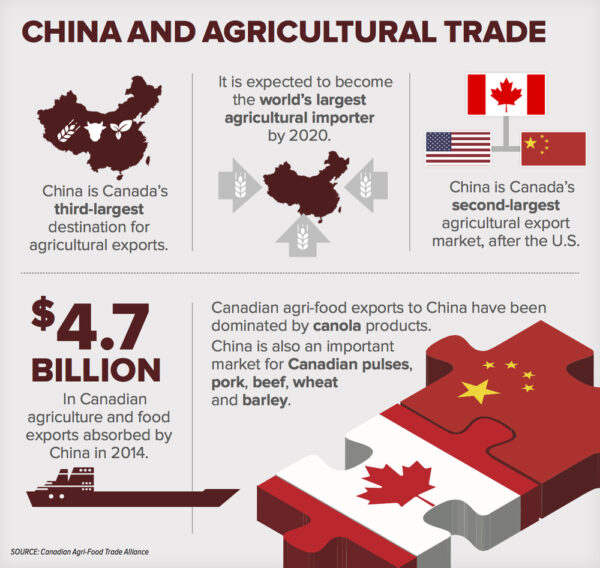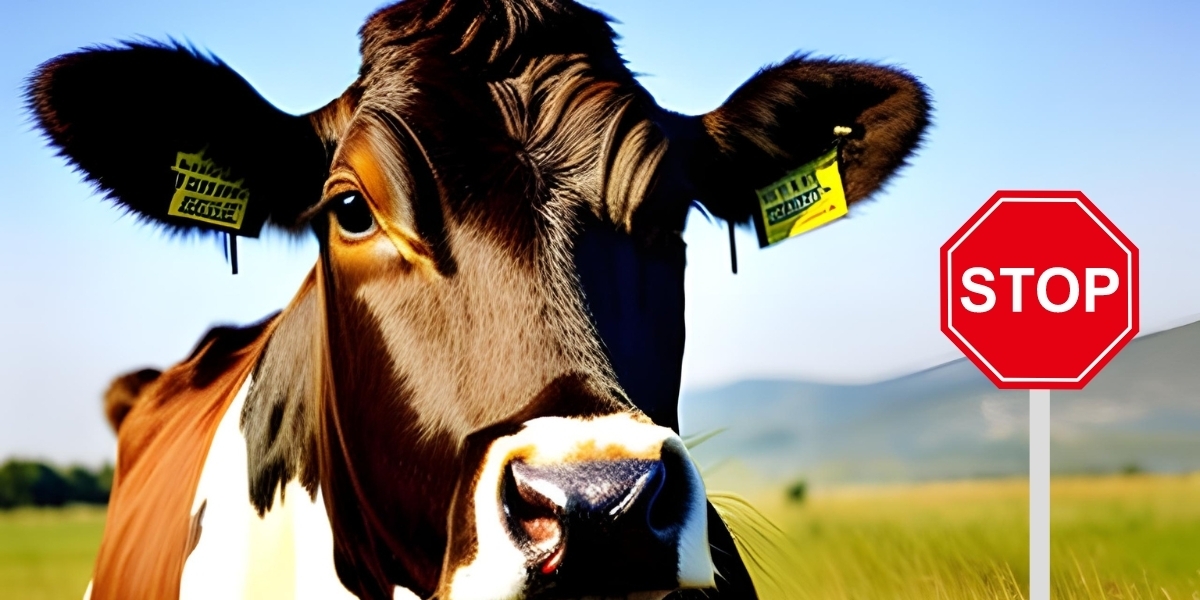In December 2021, a rare variant of classical bovine spongiform encephalopathy (BSE), better known as mad cow disease, was found on an Alberta farm.
Humans cannot get classical BSE, but in rare cases, they may contract a human form of the disease called variant Creutzfeldt-Jakob disease (vCJD).
The rare variant of BSE found in Alberta is atypical BSE and poses no health risks to humans. Unlike classical BSE, atypical BSE is not linked to the dreaded vCJD.
The odds of cattle contracting atypical BSE is around one in one million. There is also no evidence that the disease is transmissible to humans or from cow to cow.
This was Alberta’s first case of BSE in almost six years. At the time, Alberta Agriculture Minister Nate Horner did not expect the case to impact the market.


But that didn’t stop South Korea, China, and the Philippines from suspending beef imports from Canada. After two months, South Korea and the Philippines lifted their restrictions, but China has kept theirs in place.
Seventeen months later, we still don’t know why China hasn’t reopened trade with Canada.
“Most countries do not close when you find an atypical case…all those other countries opened up fairly quickly. So yeah, really the outlier here is China,” Dennis Laycraft, executive vice-president for the Canadian Cattle Association, told The Canadian Press.
In 2021, Canada exported $193 million worth of beef to China, making it our third-largest beef export market.
Adding salt to the wound, China recently resumed trading with Brazil and Ireland, which it had previously closed its doors to because of atypical BSE cases in those countries.
China only took four months to resume trade with Brazil, so why is Canada left in the dark?
Gordon Houlden, director emeritus of the China Institute at the University of Alberta, believes the reason could be political.
“I think we can surmise that right now politics is not in a position to help solve the problem, and in fact may be part of the problem,” commented Houlden.
This isn’t the first time China has given Canada the cold shoulder. In 2019, China blocked canola shipments from Richardson International Ltd. and Viterra Inc., two major Canadian agriculture companies.
This ban lasted three years. Tensions between Canada and China are again rising after the Canadian government expelled Chinese diplomat Zhao Wei for allegedly plotting to intimidate Conservative MP Michael Chong and his family.
Canada’s canola ban lasted three years. Can we expect the same for Canada’s beef exports to China?




